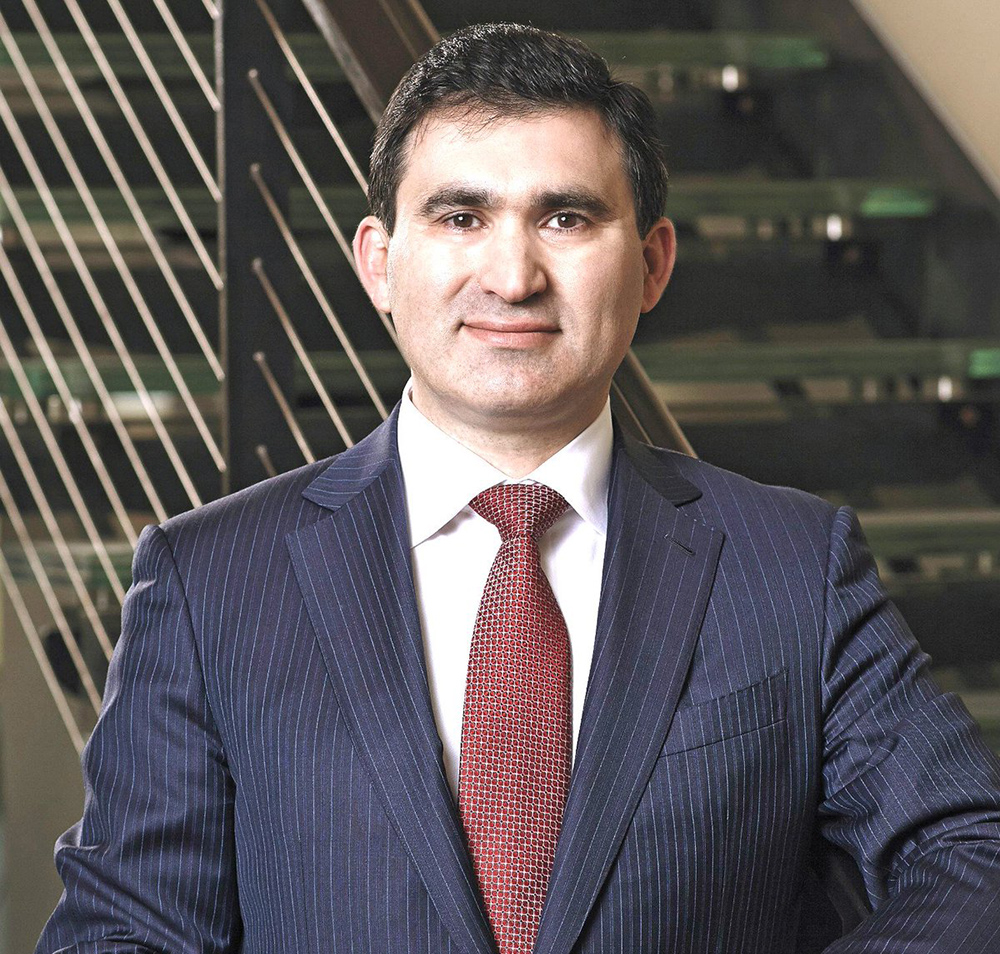Says Coronavirus is Opportunity to Update Healthcare Industry
By: Adam Weiss
Renowned Harvard-trained cardiovascular surgeon Dr. Yan Katsnelson is warning that there are severe complications that can arise from the current situation with COVID 19. While he states that stay-at-home orders are necessary to prevent the spread of the disease, sedentary lifestyle may be detrimental to people.
Dr. Katsneson was born in Russia, moved to Israel in 1990, where he began his medical training and served in the Navy. He eventually arrived to the United States where he completed his medical training at the Brigham and Women’s Hospital, Harvard Medical School.
Speaking to the Jewish Voice, Dr. Katsnelson said that over the last month, more evidence has emerged that when coronavirus patients arrive at the hospital they have developed clotting disorders in their legs, lungs, and other organs. However, these symptoms are also seeing a spike among people who do not have the virus.
“People with vein disease have a 5x risk of deep vein thrombosis (DVT. DVT can lead to pulmonary embolism, where a blood clot from the lower extremity gets dislodged and travels through bloodstream to an artery in the lung, blocking blood flow to part of the lung – and if it is large enough, it can potentially can to death,” Dr. Katsnelson said.
The primary reason for this increase, he explained, is that people are not moving and walking enough due to staying at home to prevent coronavirus spread. Dr. Katsnelson added that another cause is water retention, from people consuming salty foods that are high in preservatives after filling their pantries with foods that won’t perish quickly.
“In the hospital, for example,” Dr. Katsnelson explained, “when patients aren’t walking for more than one or two days, we start injections of blood thinners to prevent this complication. But, right now, basically all of us are stuck at home and are not as mobile as we were before.”
The doctor explained that while we cannot possibly give the entire nation blood-thinners, we can encourage people to get more active.
“Even at home, walk around your kitchen table or couch if you have to,” Dr. Katsnelson said. “Try to get in 10,000 steps a day.”
He also warned people to avoid adding additional salt to their foods and try to elevate your legs two or three times a day. If you are experiencing symptoms of lower extremities swelling, night cramps, heaviness, burning and itching sensation, you can also use compression stockings during the day and elevate your legs at night.
“We just need to deal with the reality that the coronavirus will not go away miraculously,” Dr. Katsnelson said, “over night, over weeks, or even over months. First, there is the virus itself, we don’t know how long that will last. Second, we will be stressed over the traumatic experience for some time. When flu season begins in the Fall and Winter of next year, and people start developing fevers and coughs, everyone will be scared that it is the coronavirus again rather than a simple flu.”
It isn’t just the public who needs to update their routines in the wake of the coronavirus, Dr. Katnselson has some ideas for changes in the healthcare industry as well.
He explained that it is possible for the industry to develop more effective and efficient ways to deliver care through telemedicine. Dr. Katsnelson’s clinics have been offering telemedicine appointments since the beginning of the lock down to both new and existing patients who have questions and concerns.
Another way for doctor’s offices to update for the new challenges is by minimizing contact between patients and clinic staff.
“Prior to the coronavirus, you had someone greet you, another person take you to the room, then a medical assistant would come to the room, then the doctor,” he explained. “By the end of it, you would have interacted with six or seven people.”
Instead, he believes clinics should begin having the same medical assistant check a patient in, immediately take them to the room, and get them prepared for the doctor to come in. This way, they only interact with two people, and can be kept separate from other patients. It will not only be an improvement for social distancing, but privacy and wait times as well.
Dr. Katsnelson pointed out that while the technology and medicines have continuously updated and evolved through the years, the delivery and approach by healthcare clinics has not changed much.
“We need to take this crisis as an opportunity to transform healthcare, that’s exactly what we do in our organization and encourage others to do the same. We are reinventing patient-centric healthcare delivery systems that put patients in the center and help us provide the most cost-effective care.”
He explained that they are using technology and telemedicine to make everything seamless and easy for their patients. “I think we will see tremendous breakthroughs in the next few months,” he explained.
Dr. Katsnelson’s organization has approximately 80 locations in sixteen states, with over 30 location in New York City alone. He said that they focus on the patients with tremendous medical needs in urban and underserved areas. He believes that it is important to provide first-class health care to the communities with the most need because “we are only as strong as our weakest link.”





